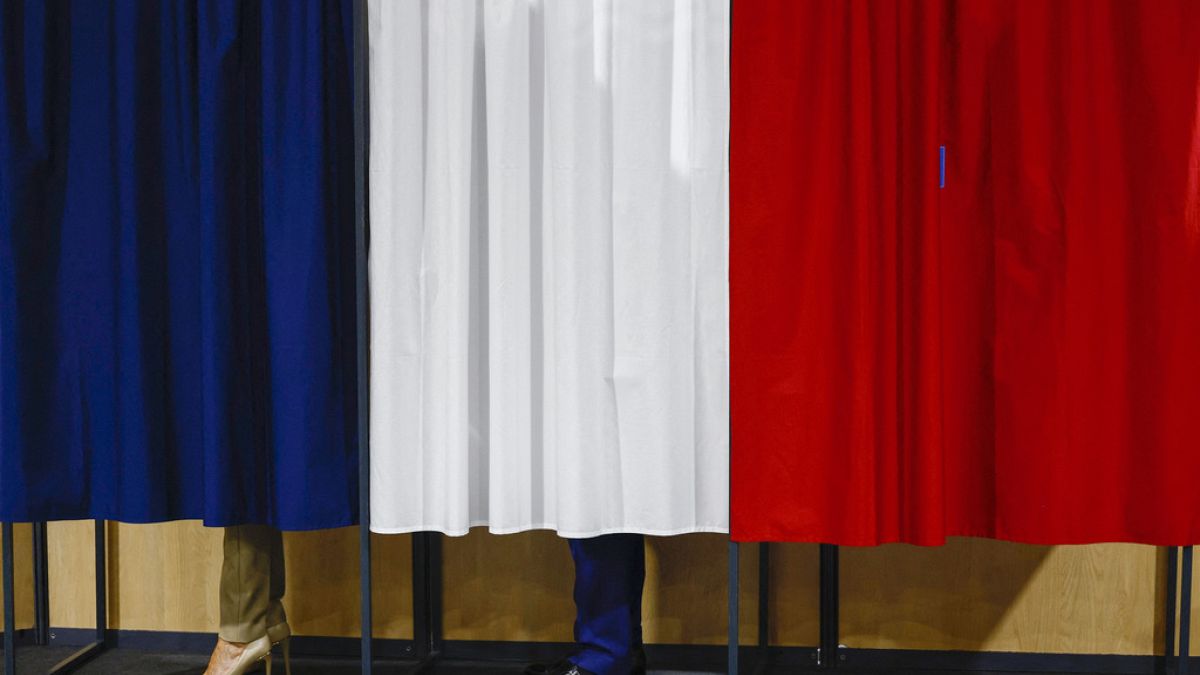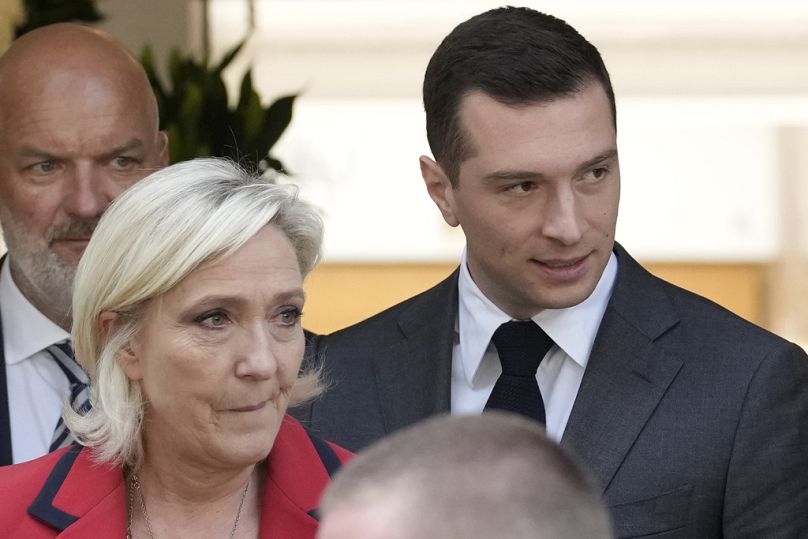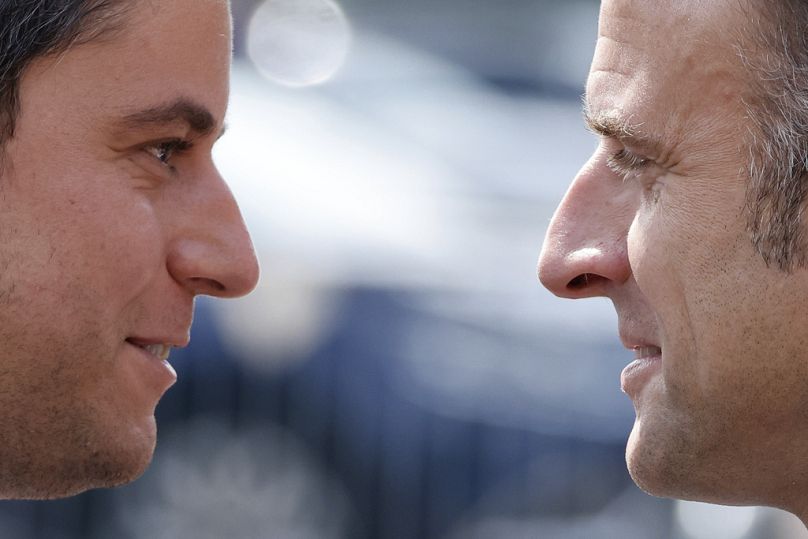
According to the last polls before Sunday’s second round of legislative elections, the far-right party National Rally (RN) of Jordan Bardella and Marine Le Pen will have a hard time reaching an absolute majority.
The average of the most recent forecasts says that the RN and its allies will have a relative majority of between 210 and 240 seats in the French lower chamber or the Assemblée Nationale.
The absolute majority is fixed at 289 seats.
The left-wing coalition, the New Popular Front (NFP), is expected to have between 170 and 200 seats.
Meanwhile, the centrist liberal democrats of President Emmanuel Macron are to reach between 95 and 125 seats, pollsters say.
The centre-right Republicans (LR) could get between 25 and 45 parliamentary seats.

If these predictions are confirmed on Sunday, RN’s Bardella will likely not become the new prime minister since he wouldn’t have enough MPs to run the French executive power even with additional support from LR. Even in the best-case scenario, he is likely to fall short of an absolute majority.
He is hoping for a last-minute boost, however.
“I have the ambition to broaden my majority, and I welcome all the right-wing and centrist electors,” Bardella said last Wednesday in an interview on France 2, the national public TV channel.
Traditionally, the French parties without a majority usually suggest their voters should instead support the political forces set to get the best result in a particular constituency in the second round. However, party leaders have limited power of persuasion over their respective electorates.

“French people don’t follow voting instructions. A citizen will vote according to his consciousness,” the incumbent prime minister and Macron’s centrists, Gabriel Attal, in a state TV interview on Thursday night.
“I just highlighted the risk of a far-right majority and detailed what is dangerous in their program, and I concluded by saying, not a single vote for the far-right. But after that, the French do what they want,” he concluded.
The so-called Republican Front, the anti-far right political barrier stretching from the moderate conservatives and centrists to the moderate left and the far left, has adopted an electoral strategy based on withdrawing weaker candidates in favour of the stronger anti-far right candidate in individual constituencies.
According to the latest figures from the French Interior Ministry, a total of 215 candidates have stepped down so far.





